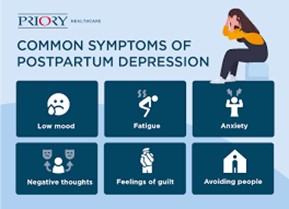A nurse is assessing a school-age child who has Down syndrome. For which of the following findings should the nurse notify the provider?
Sparse eyelashes
Reports cracked skin on feet
Reports persistent neck pain
Hyperflexibility
The Correct Answer is C
Choice A rationale:
Sparse eyelashes are a common physical characteristic of individuals with Down syndrome and do not typically require immediate notification of the provider.
Choice B rationale:
Cracked skin on feet is not uncommon, and while it may need attention, it does not generally require immediate notification of the provider.
Choice C rationale:
Persistent neck pain in a child with Down syndrome could indicate an underlying issue and should be reported for further evaluation.
Choice D rationale:
Hyperflexibility is a common feature of Down syndrome and does not typically require immediate notification of the provider.
Nursing Test Bank
Naxlex Comprehensive Predictor Exams
Related Questions
Correct Answer is D
Explanation
Choice A rationale:
Hot flashes are not typically associated with postpartum depression; they are more related to hormonal changes.
Choice B rationale:
Intermittent abdominal pain is common after childbirth due to uterine contractions and involution.
Choice C rationale:
Blurred vision is not a typical symptom of postpartum depression.
Choice D rationale:
Feelings of intense guilt are indicative of postpartum depression and require further investigation.

Correct Answer is C
Explanation
Choice A rationale:
Allergic reactions to eggs are a concern with some vaccines, but the varicella vaccine is generally considered safe for children with egg allergies.
Choice B rationale:
The varicella vaccine is typically given in two doses, not three. Choice C rationale:
Children should avoid taking aspirin for about 6 weeks after receiving the varicella vaccine to reduce the risk of Reye's syndrome, a rare but serious condition associated with aspirin use during viral infections.
Choice D rationale:
The varicella vaccine is usually administered subcutaneously, not into the muscle.
Whether you are a student looking to ace your exams or a practicing nurse seeking to enhance your expertise , our nursing education contents will empower you with the confidence and competence to make a difference in the lives of patients and become a respected leader in the healthcare field.
Visit Naxlex, invest in your future and unlock endless possibilities with our unparalleled nursing education contents today
Report Wrong Answer on the Current Question
Do you disagree with the answer? If yes, what is your expected answer? Explain.
Kindly be descriptive with the issue you are facing.
